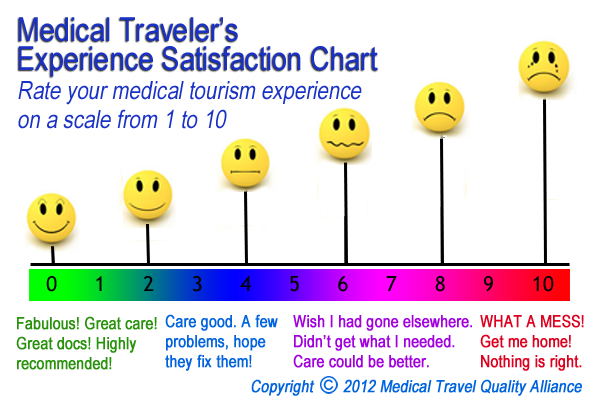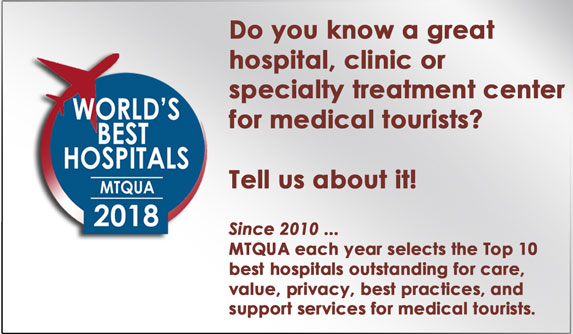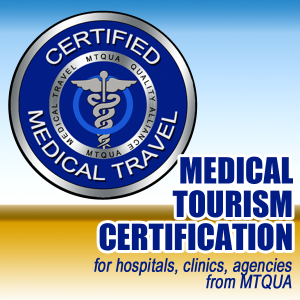Medical tourism is not a vacation.
While many choose to emphasize the vacation part of medical tourism, it most certainly is not a holiday.
A patient may be using annual vacation days off from work, or may bring along a family member to enjoy a holiday while the patient is undergoing treatment. Many patients fly to a well-known tourist destination like Thailand or Mexico for medical attention. Some may feel they deserve a holiday after enduring the rigors of lab tests, anesthesia, surgery and recovery.
What is medical tourism?
Medical tourism or, preferred, medical travel is fundamentally planned travel to obtain medical treatment.
A medical travel trip has these features.
A medical travel trip is successful if it is a safe event, with an excellent outcome, and is managed well with appropriate hand-off to care professionals at home as needed.
- It will be planned ahead.
- There is an exchange of medical records and medical history.
- Certain pre-treatment or pre-surgery instructions may have to be followed while the patient is still at home.
- The treatment or surgery will be invasive and/or require anesthesia, or it may be a major non-invasive treatment such as chemotherapy, etc.
- After the treatment or procedure, the patient will likely need medical supervision and/or special accommodations.
- During or after the trip, unexpected occurrences or complications may occur that need medical attention.
- Total care management, from initial planning through follow-up after returning home, will reduce the degree of risk or exposure to unexpected occurrences or complications.
A medical travel trip must be safe, with high quality outcomes
Excellent and safe treatment for medical tourists goes beyond simply observing clinical protocols and meeting quality and safety standards set by national or international accreditation bodies.
Excellent and safe treatment includes knowing with confidence that a patient has not had a post-surgical infection, that a wound has not opened up, or that no other complication occurred that might track back to the patient’s procedure and recovery time spend abroad.
Patients must educate themselves
Patients who choose to become medical tourists need to educate themselves. They need to know how their care differs from the care they would expect to receive at home.
Medical tourists owe it to themselves and their loved ones to learn as much about the process of medical tourism, what is involved in care management, and how to protect better against the sort of unfortunate things that can happen on a trip abroad. They cannot do this on their own. An independent international care manager is an important ally for a medical tourist.
Doctors, surgeons, dentists and hospital directors who expect to profit from success in medical tourism owe it to their patients to share in responsible care management that starts from early planning stages and continue until they return home, and beyond.
You may also want to read
What creates outstanding medical treatment abroad?
Quality medical treatment and care for medical tourists
Certification, training, and medical travel and health tourism services from MTQUA.




